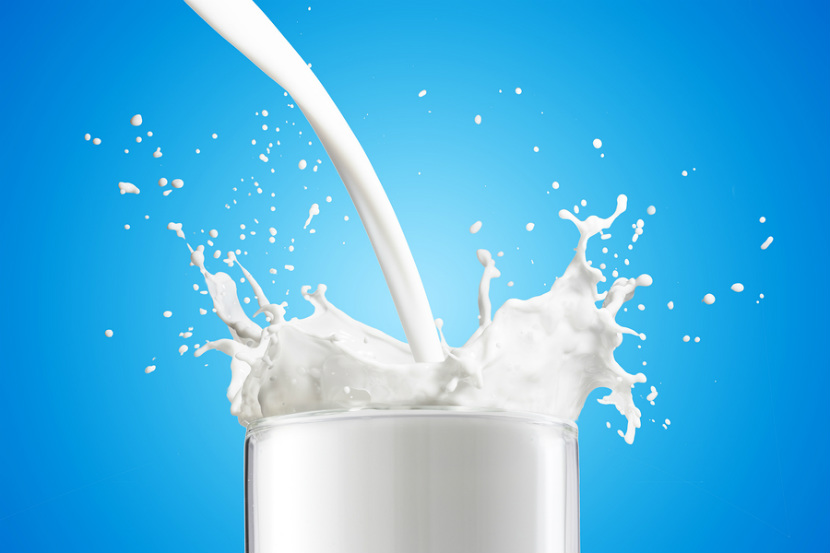
It’s never too early or too late to be thinking about your bones! Find out what happens to your bones as you age and how to keep them strong.
What happens to my bones as I age?
In childhood and adolescence, most of our bone growth and bone density occurs. Girls reach their maximum bone density by age 18. For boys, this occurs by age 20. In adulthood, it is important to maintain bone density and try to slow the rate of bone loss. As we grow older, our bodies lose bone density. After menopause, women are especially at risk for osteoporosis.
How can I keep my bones strong?
Try these seven tips!
1. Choose calcium-rich foods like:
Choose non-dairy sources of calcium as well, such as fortified soy and rice beverages, canned salmon with bones, leafy green vegetables, beans, nuts, seeds and fortified orange juice. Find out more about calcium-rich foods here.
2. Get enough vitamin D to keep your bones strong
Vitamin D helps you absorb calcium in foods. You can find vitamin D in:
-
Milk
-
Fortified soy and rice beverages
-
Fortified orange juice
-
Fatty fish like salmon and sardines
-
Margarine
-
Egg yolks
-
Fortified yogurts (check the label)
To get enough vitamin D each day, Canada’s Food Guide recommends that everyone over 2 years of age drink 500 mL (2 cups) of milk or fortified soy beverage every day. If you are over the age of 50, Health Canada also recommends a vitamin D supplement of 400 IU every day.
3. Get enough nutrients to keep your bones strong
Potassium, vitamin K and magnesium help your body absorb and use calcium. Get these important nutrients by eating a variety of healthy foods like vegetables and fruit, legumes (beans, peas, lentils), nuts, seeds, whole grains and fish. Protein helps to build muscle, which helps keep bones strong. Choose protein-rich foods such as meat, poultry, fish, shellfish, legumes (beans, peas, lentils), nuts and seeds.
4. Stay active to keep your bones strong
Aim to be active for at least 150 minutes each week. Here are some ideas to help keep your bones strong. Try:
-
Weight-bearing exercises like running, walking, hiking, low impact aerobics, dancing, tennis and golf.
-
Resistance activities like lifting weights or push-ups to help build muscle, which keeps your bones strong.
-
Stretching exercises like yoga and tai chi to help improve balance and coordination, which will lower your risk of falling and breaking bones.
5. Limit caffeine to keep your bones strong
Having too much caffeine can decrease the amount of calcium you absorb. Aim for no more than 400mg of caffeine per day for adults (about 2-3 cups of coffee per day). Pregnant and breastfeeding women should have no more than 300 mg caffeine per day.
6. Limit alcohol to keep your bones strong
Drinking alcohol can contribute to bone loss. If you drink, have no more than 2-3 drinks per day.
7. Don’t smoke or try to quit to keep your bones strong
If you smoke, you may have faster bone loss and a higher risk of bone fractures than non-smokers. If you need help quitting, visit Health Canada’s On the Road to Quitting program.
You may also be interested in:
Lower Your Risk of Osteoporosis
Food Sources of Calcium
Last Update – April 26, 2018